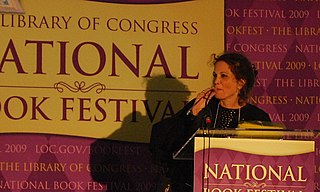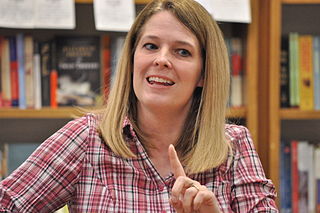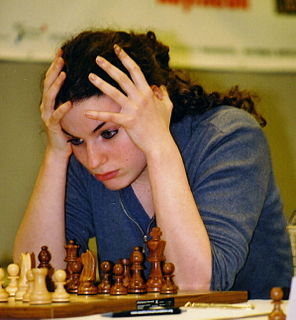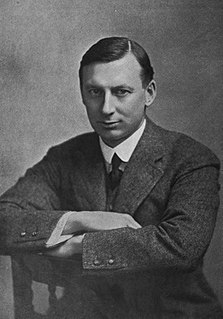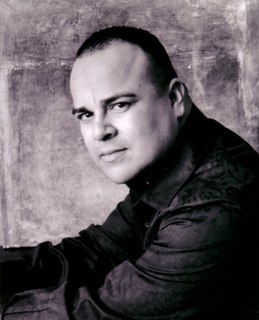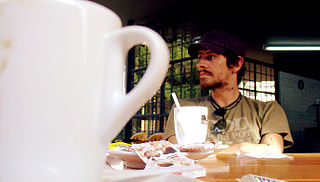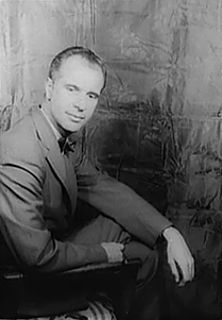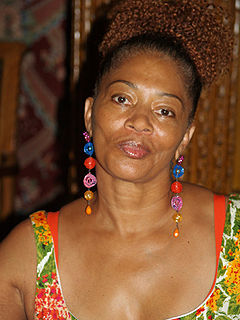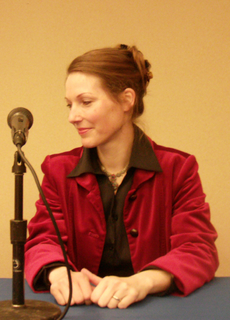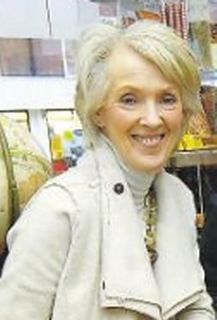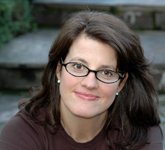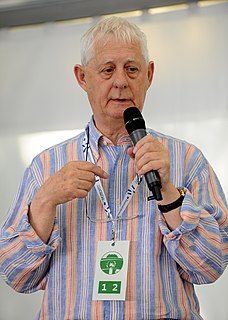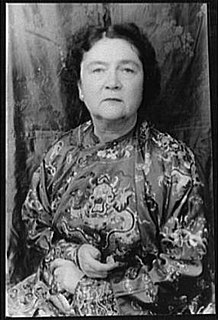Top 1200 Book Readers Quotes & Sayings - Page 3
Explore popular Book Readers quotes.
Last updated on November 15, 2024.
I want to make sense of things, to understand the world, but my work is never really instructional. I have no wisdom to impart or give, so I think my dream readers would be people who just use the book as an excuse to get into their own cycle of thoughts. The book is just like a map. It's just a jotting-down of things that you can interpret in your own ways.
I’m imagining that paper books will evolve to become something akin to candles - we have them in our homes and cherish their light, but don’t light our homes with them. Readers of Lincoln’s era would likely be surprised at how well-lit our homes are, and I think it’s likely that we will be surprised at how well-read future book readers will be.
The ear is the only true writer and the only true reader. I know people who read without hearing the sentence sounds and they were the fastest readers. Eye readers we call them. They get the meaning by glances. But they are bad readers because they miss the best part of what a good writer puts into his work.
The book is about zombies, in that it is the over-arching theme, but what's going on is the story of these people and how these survivors deal. I think that's so much more of an interesting story, and that's what really gets and hooks these readers into the book and the show. It's a mix of fans of drama, fans of AMC, fans of horror and fans of Frank [Darabont]. It's a lot of people just coming together and realizing a genre doesn't have to be fixed in one specific detail.
Digression is my passion. I love telling the main stories, but in some ways, what I love most is using those narratives as a way of stringing together the interesting stories that people have kind of forgotten, and that are kind of surprising. The problem is, how do you pare stories away so that the book doesn't become a distracting jumble of material, and readers lose focus? In my experience, there's really only one way to do that. I pack it all in with the rough draft, then count on myself and my trusted readers to tell me what's good and what's not good.
Most chess books only sell a few thousand copies, and a book titled something like "Women in Chess" would sell even fewer. The idea with this title was to spread the book outside the competitive chess world. I'm interested in attracting readers who love chess but play only casually, and feminists interested in male-dominated fields.
A book is something that young readers can experience on their own time. They decide when to turn the page. They'll put their arm right on the page so you can't turn it because they're not ready to go to the next page yet. They just want to look at it again, or they want to read the book over and over because they really enjoy setting the pace themselves.
There are many readers of the book, who don't know anything about the authors and the artists. There is more than one author. It doesn't matter, if you can't make the reader dive into the story and surround him with that environment and those characters. That's an experience that lasts longer than figuring out who did what. I think that's what makes our working relationship better, it helps us to make a book that feels unique and not like different voices.
When I'm writing, I'm thinking, "Well, this might be a book that I'll always be happy with, and certainly readers will be happy with." But another part of me knows that when I'm past the stage of writing, the book is gonna have good things about it, bad things about it - probably more bad than good. I just know that. That's who I am.
The Hawley Book of the Dead had me completely spellbound from beginning to end. A storytelling virtuosa, Chrysler Szarlan has woven a wondrous, scintillating web of suspense, love, history, and magic that will keep you eagerly turning the pages late into the night. Even readers not normally drawn to the supernatural will be swept away by this book; it has everything a great adventure should have-and so much more.
It is possible to argue that the really influential book is not that which converts ten millions of casual readers, but rather that which converts the very few who, at any given moment, succeed in seizing power. Marx and Sorel have been influential in the modern world, not so much because they were best-sellers (Sorel in particular was not at all a widely read author), but because among their few readers were two men, called respectively Lenin and Mussolini.
My readers often say to me, 'If we lived next door to each other, we'd be best friends.' That is precisely what I wanted to say to smart, funny, self-effacing Ellen McCarthy after I finished reading The Real Thing. I loved every lesson laid out in a book that wouldn't dare to call itself a field guide to marriage but amounts to as much on every page. This is a deeply useful little book.
You will want a book which contains not man's thoughts, but God's - not a book that may amuse you, but a book that can save you - not even a book that can instruct you, but a book on which you can venture an eternity - not only a book which can give relief to your spirit, but redemption to your soul - a book which contains salvation, and conveys it to you, one which shall at once be the Saviour's book and the sinner's.










